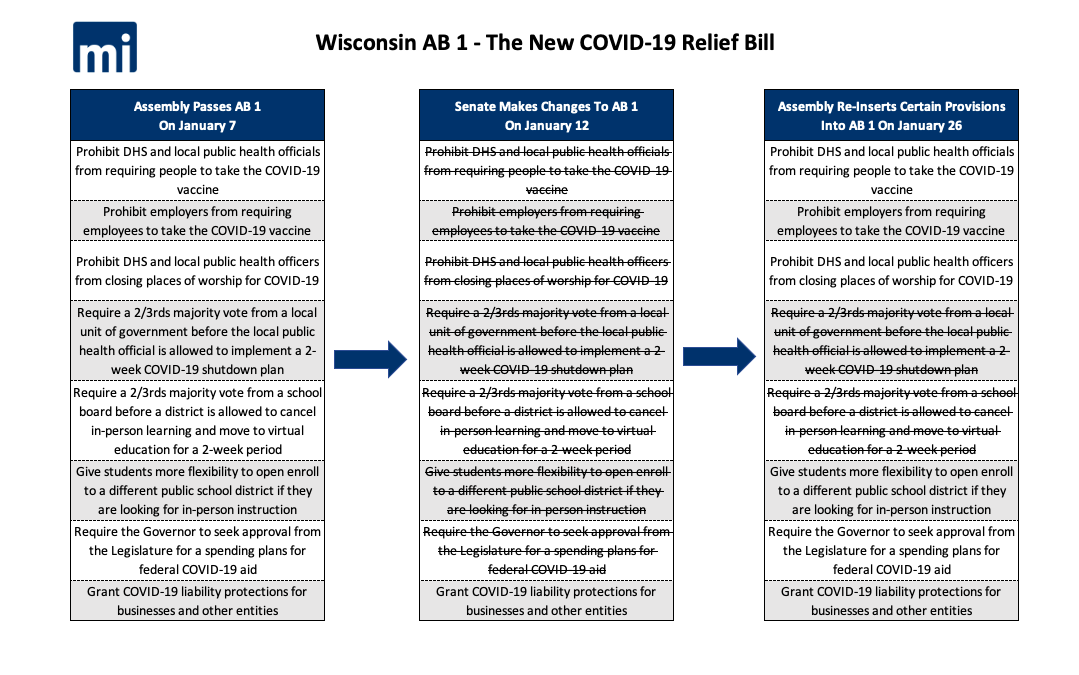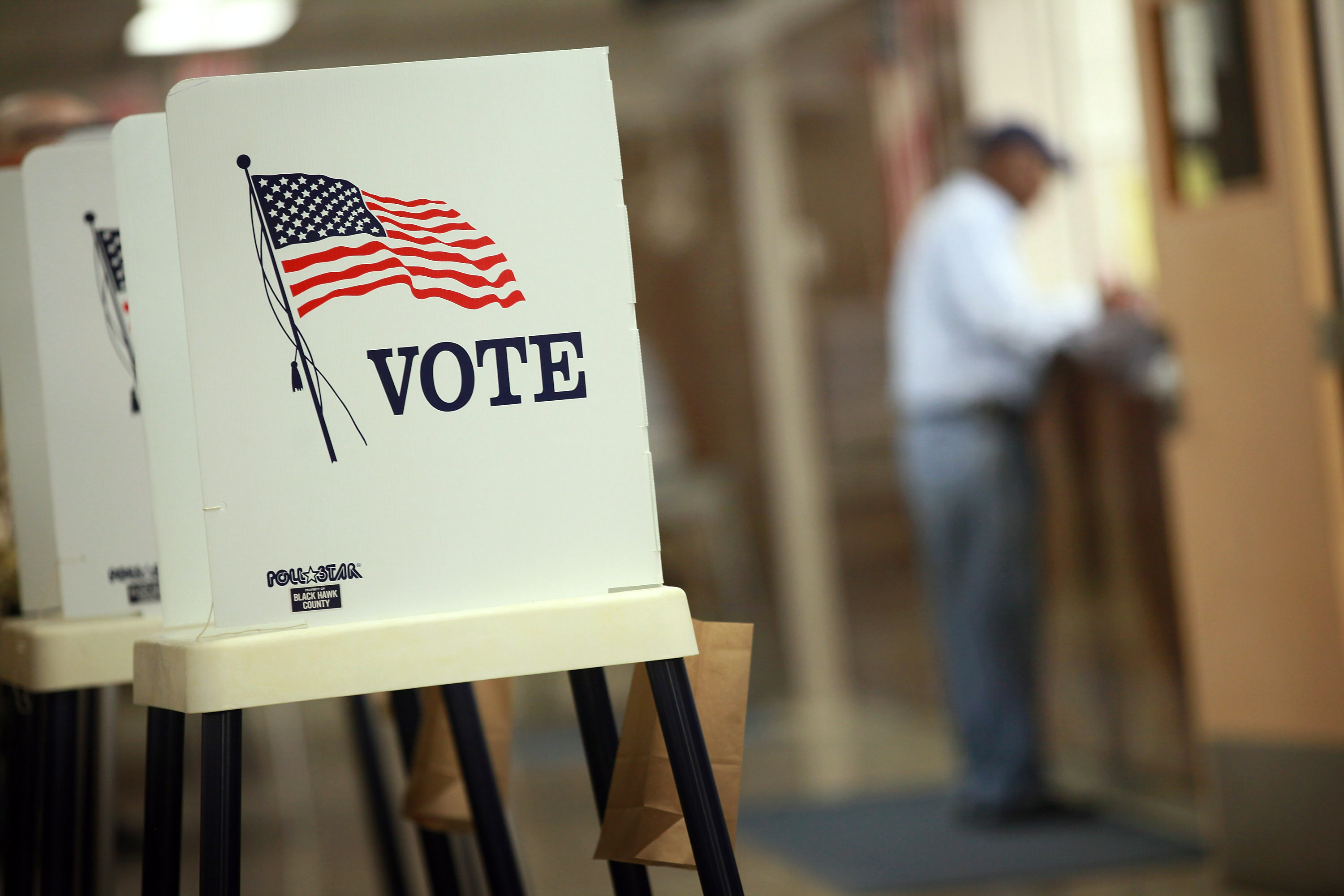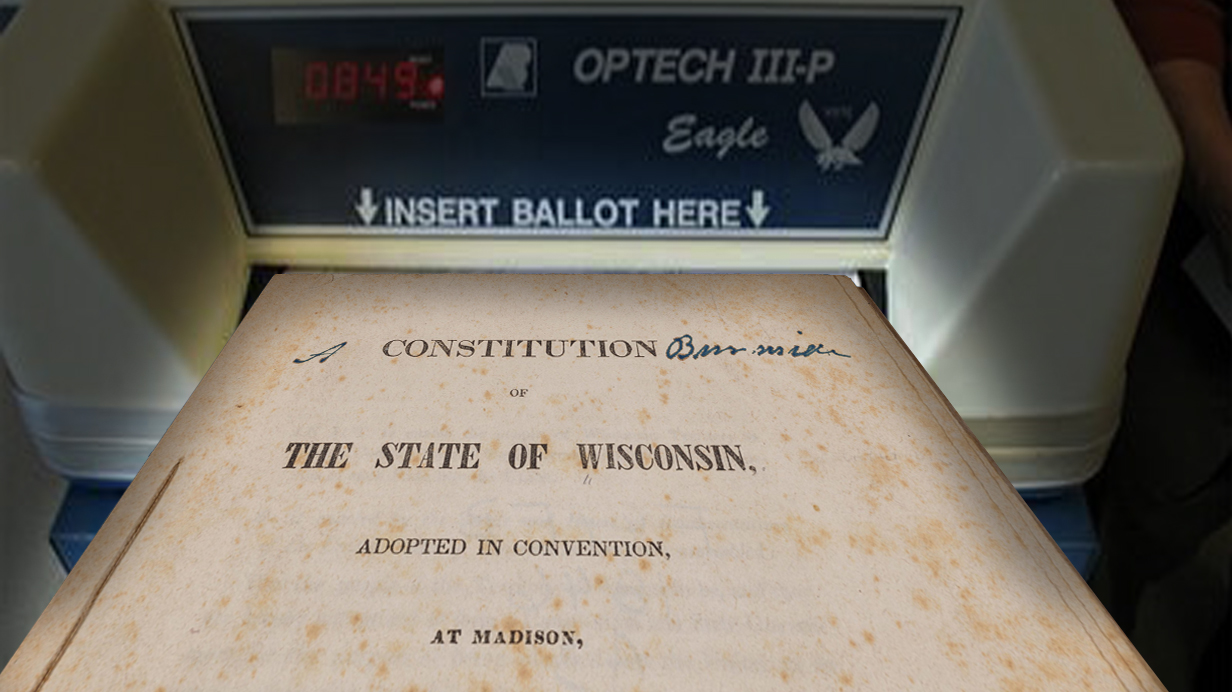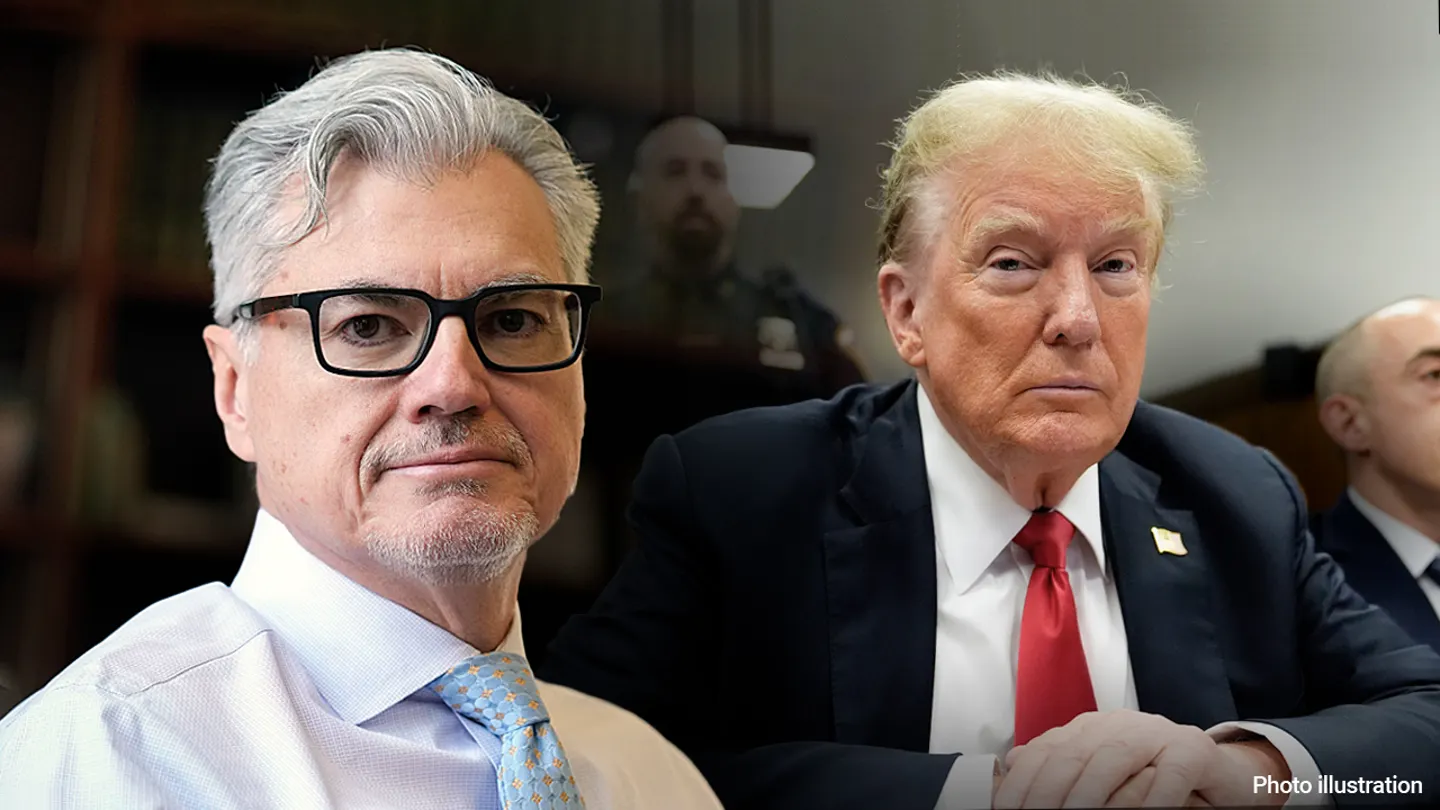
February 2, 2021
By Lexi Dittrich
The Wisconsin State Assembly is expected this week to take up SJR 3, the resolution to end Governor Evers’ current state of emergency and mask mandate, and to take up AB 1, Wisconsin’s most recent COVID-19 legislation. The Assembly was supposed to vote on both last week, but the vote was postponed. Here’s the updated background on what happened:
In January, the State Senate drafted SJR 3 as a response to the Evers Administration’s continuous renewal of states of emergency for COVID-19. The resolution said that Governor Evers’ first 60-day emergency declaration expired on May 11, 2020 and that any further emergency declaration was illegal because the Governor did not ask the Legislature for permission.
The Senate passed the resolution and sent it to the Assembly on January 26. The next day, the Legislative Fiscal Bureau alerted the Legislature that SJR 3 may jeopardize enhanced federal funding for FoodShare (food stamps). The Federal Government gave Wisconsin an emergency increase in FoodShare funds in response to COVID-19, but only if Wisconsin is in an active state of emergency. The emergency FoodShare funds are worth $50 million per month to Wisconsin.
To maintain these funds, the Senate adopted an amendment by Senator Nass to AB 1. The amendment lets Governor Evers declare another state of emergency, but only to receive federal COVID-19 aid. The Senate believes that this amendment will prevent a new emergency declaration from giving the Governor the sweeping powers that he has used in the other emergency declarations, while still allowing Wisconsin to accept federal COVID-19 aid.
AB 1 was passed as amended by the Senate and sent back to the Assembly on the 28th. This is the second time that the Senate has passed AB 1. When Senators first passed the bill, they removed several key public protections, apparently without consulting with the Assembly. The Senate removed provisions in AB 1 that prohibited the Department of Health Services and local health officials from requiring people to take the COVID-19 vaccine; prohibited employers from requiring employees to take the COVID-19 vaccine; prohibited local public health officials from closing places of worship for COVID-19; required local health officials to get 2/3rds approval from their local governing body before being able to execute any plan of action against COVID-19 for a 14-day period; required school boards to have a 2/3rds majority vote before moving schools to all virtual instruction for a 14-day period; gave students more flexibility to enroll in a different public school district; and required the Governor to seek approval for any spending plans for federal COVID-19 relief from the Legislature’s Joint Committee on Finance (JFC).

When AB 1 was returned to the Assembly, Representatives restored several of the provisions that the Senate had deleted from AB 1. They restored protections that prohibited employers and public health officials from making COVID vaccines mandatory; prohibited local public health officials from closing churches; provided more flexibility for kids to choose their school district; and required the Governor to approach JFC before executing a plan to spend federal COVID-19 aid. The Assembly left out provisions that protected municipalities and school districts from sudden votes to indefinitely close businesses and in-person schooling. The Assembly changes were approved by the Senate, and the Senate added their amendment on Evers’ public health emergency declaration powers.
The Assembly chose not to take a vote on either AB 1 or SJR 3 last week. Assembly Speaker Robin Vos has said that the Assembly will probably take up SJR 3 this week. He said that he wanted to assess whether there would be any further unseen ramifications to SJR 3, like the consequences to federal FoodShare funds.
MacIver will continue to update you on the latest COVID-19 legislation news in Wisconsin.




